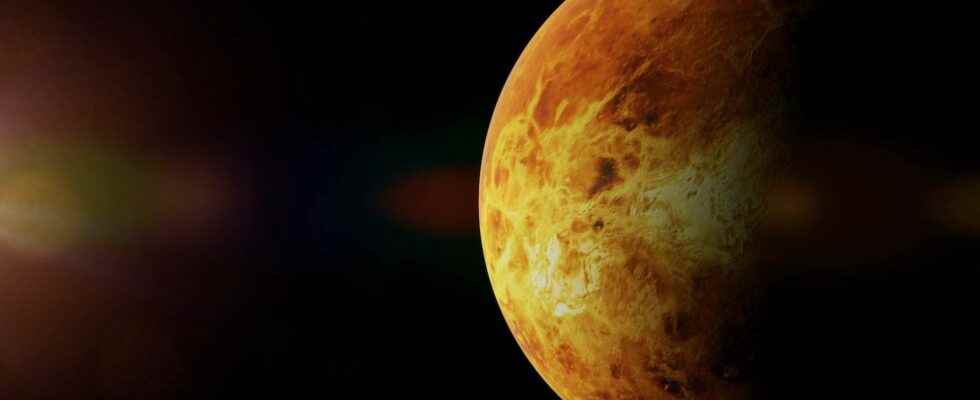It is a fact, the volcanic eruptions major events that punctuate the history of the Earth are, more than the falls of asteroids, responsible for the great mass extinctions. the volcanism intensive at the origin of large magmatic provinces such as the Deccan Traps in particular could have modified the conditions of habitability of the planet up to a critical point.
This is at least the conclusion of a new study which looked at the various extreme volcanic events and in particular those that may have occurred simultaneously. Their results show that when accumulated, this type of event can lead to runawaygreenhouse effect and a catastrophic rise in temperature. The Earth would thus have narrowly avoided turning into a burning hell. Venus, Earth’s twin planet, would not have been so lucky.
Major and catastrophic eruptions mark the history of the Earth
The large magmatic provinces found on Earth bear witness to these episodes of intense volcanism. These catastrophic events that lead to the formation of thick plateaus basalt span millions of years in time. They are now suspected of being temporarily responsible for significant changes in the climate and the environment as a whole. The emission of huge amounts of greenhouse gases would thus have caused increases in temperature and modified the chemical composition of the oceans. Major environmental changes that would have largely contributed to the mass extinctions that terrestrial life has experienced.
A major climatic impact, especially in the event of simultaneous eruptions
However, because of the recycling surface of the Earth by tectonic processes, our knowledge of these large volcanic events remains incomplete. It thus appears that if a single large magmatic province is capable of significantly altering the climate, its impact is not sufficient to cause it to tip over irreversibly. The proof is that the Earth has always managed to recover a stable climate system favorable to life. However, according to the authors of the study to be published in the journal The Planetary Science Journal, it is not impossible that the Earth experienced periods during which several major volcanic events would have occurred simultaneously, or at least close together. Although the consequences of such a combination are still poorly known, it is possible that, cumulatively, the effects on the climate could have been particularly devastating.
Venus: the vicious circle of extreme global warming
For scientists, the simultaneous eruption of several large magmatic provinces would notably have the capacity to destroy a planet, by generating an irreversible vicious circle. This hypothesis could explain the current state of Venus. Before being the hell we know, Venus would indeed have presented conditions potentially favorable to the development of lifewith notably the presence of liquid water on its surface. The production of huge quantities of greenhouse gas by several major eruptions Simultaneous events, however, would have dramatically increased the temperature of the planet, leading to the evaporation of its oceans. This contribution of water vapor in theatmosphere would have further intensified the greenhouse effect, driving the planet into an infernal cycle of warming, until the total disappearance of liquid water. A slow death by suffocation.
According to the authors of the study, the Earth only narrowly escaped this disastrous fate. The question now is how many magmatic provinces are needed to stop the climate system and transform a rocky planet in hell. In this perspective, the study of Venus and its volcanism should provide valuable information.
Right now, receive the Mag Futura for free by subscribing to our subscriptions!
You wish discover the benefits of our subscriptions?
It’s the right time to do it with our special offer: join the subscription “I participate in the life of Futura” (for a minimum of 3 months) and receive the Mag Futura at home* (worth €19)!
*Mag Futura is sent after the second month of subscription
Interested in what you just read?
